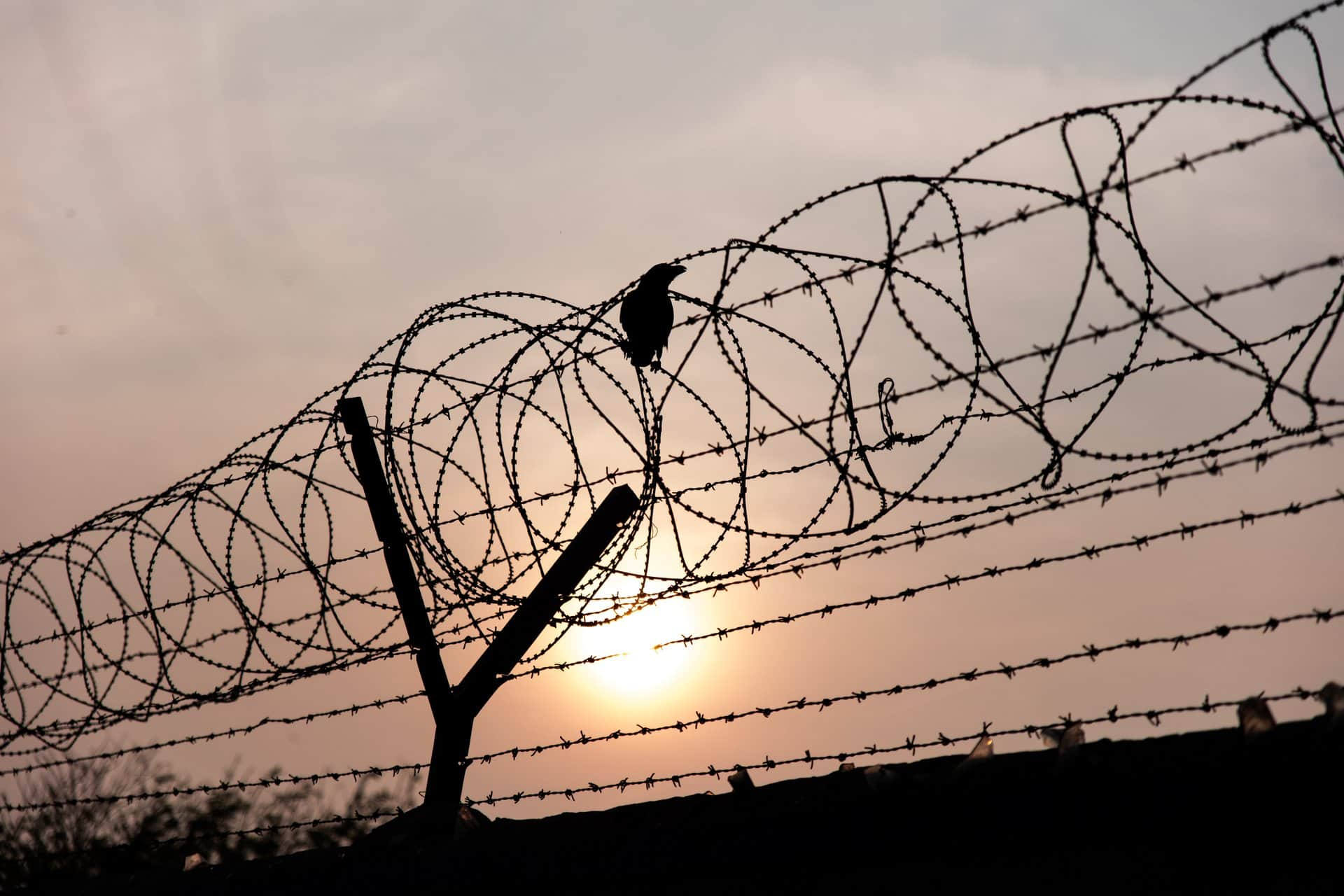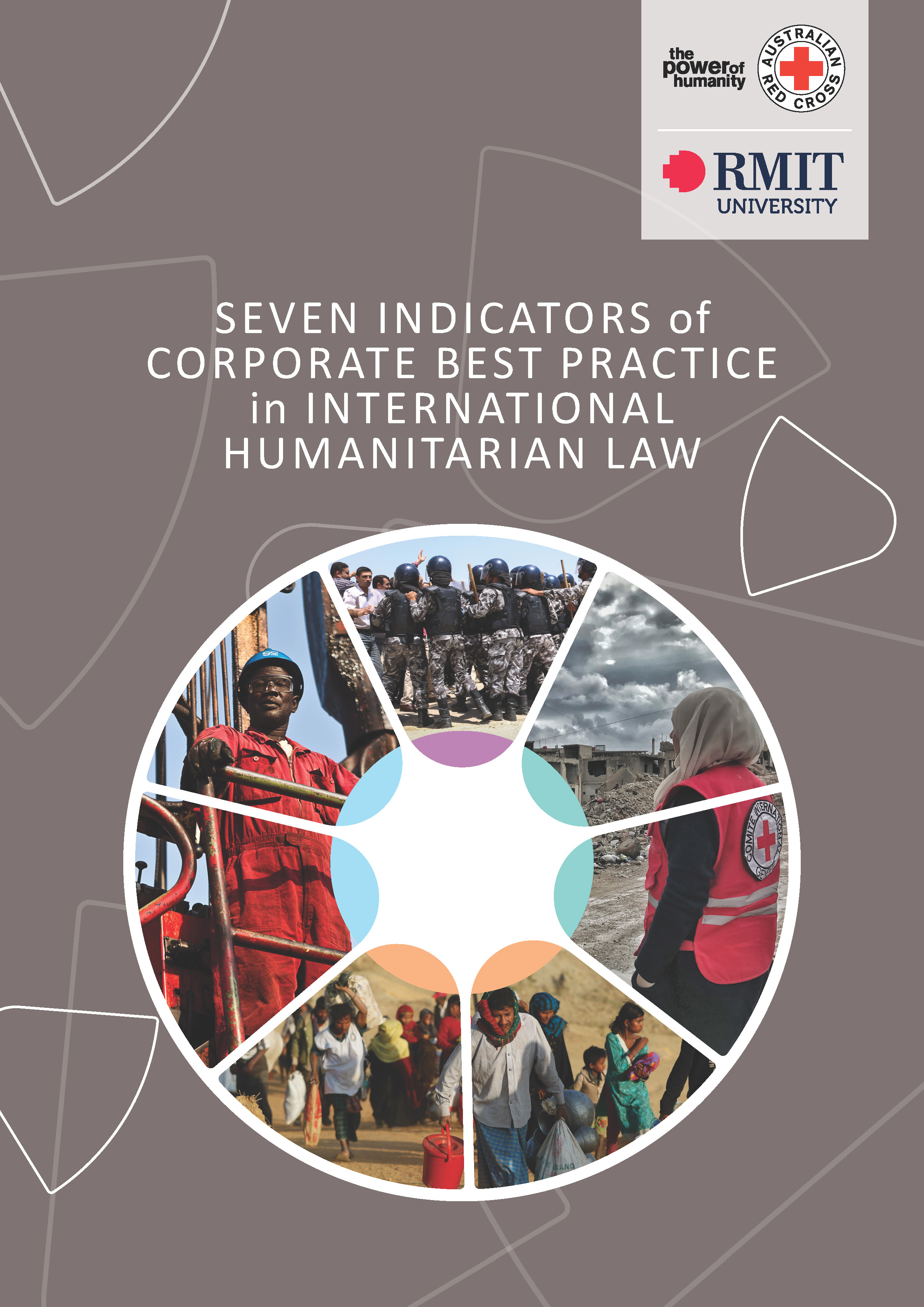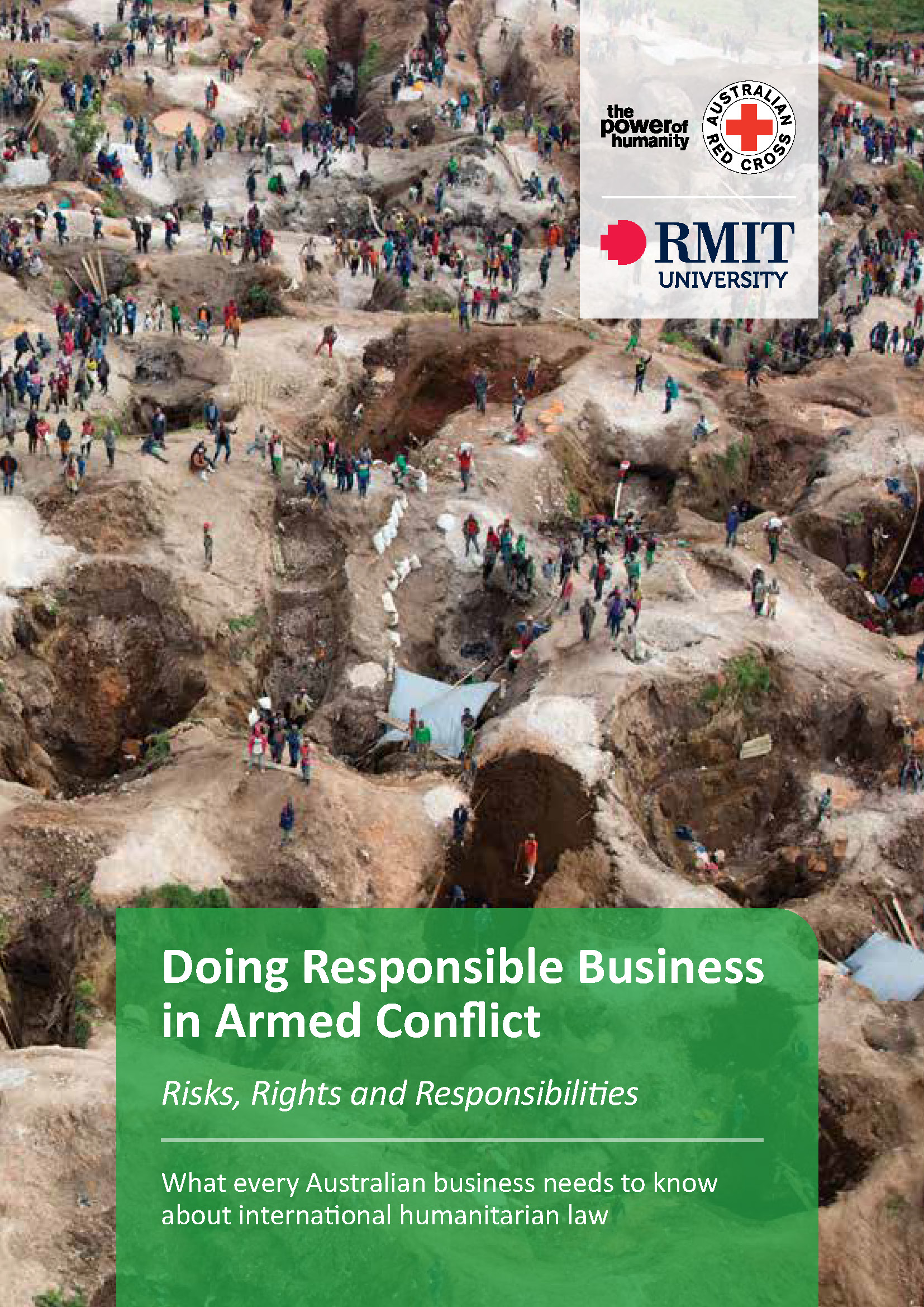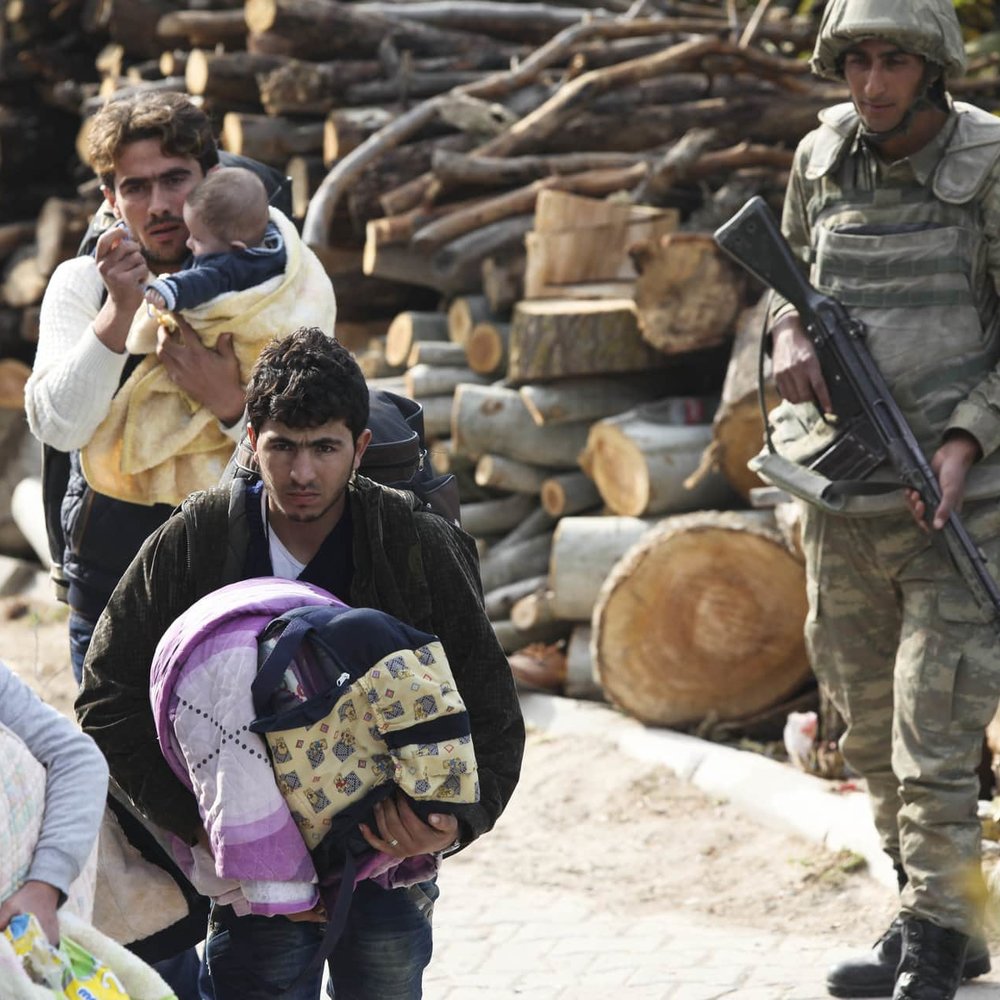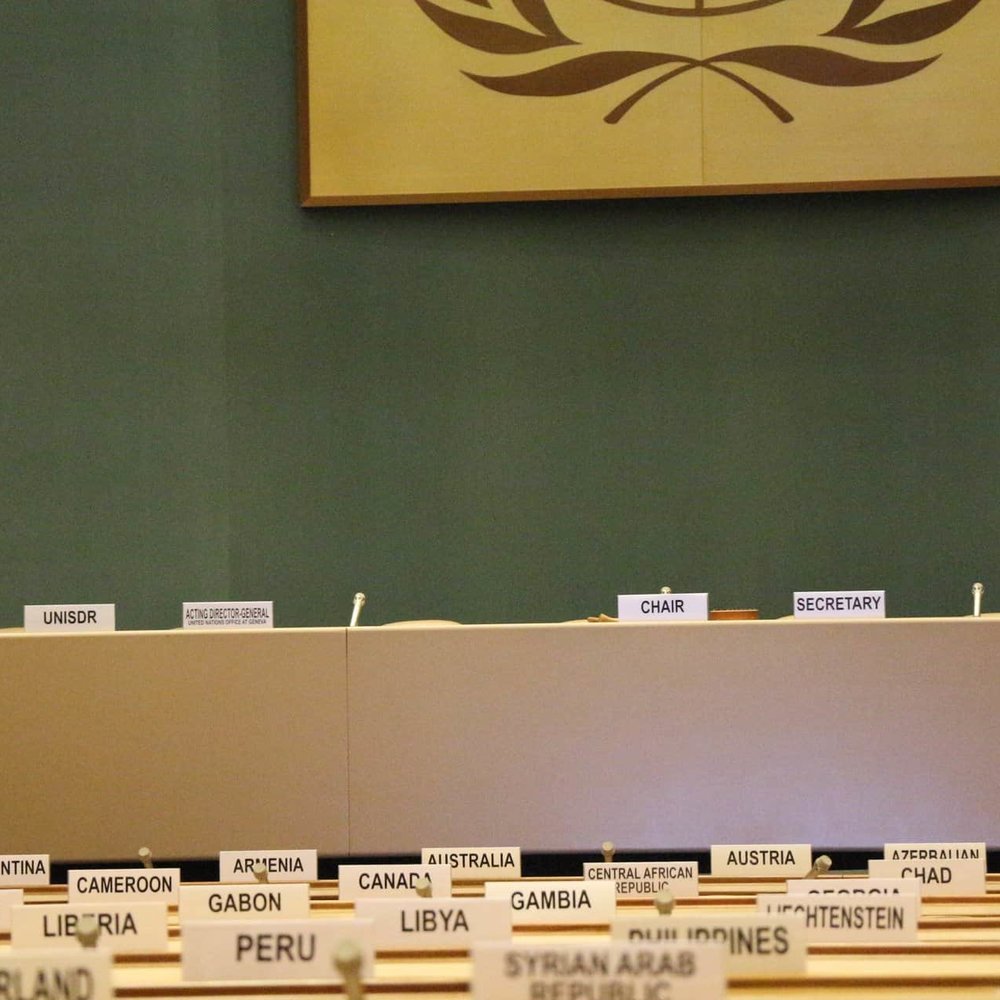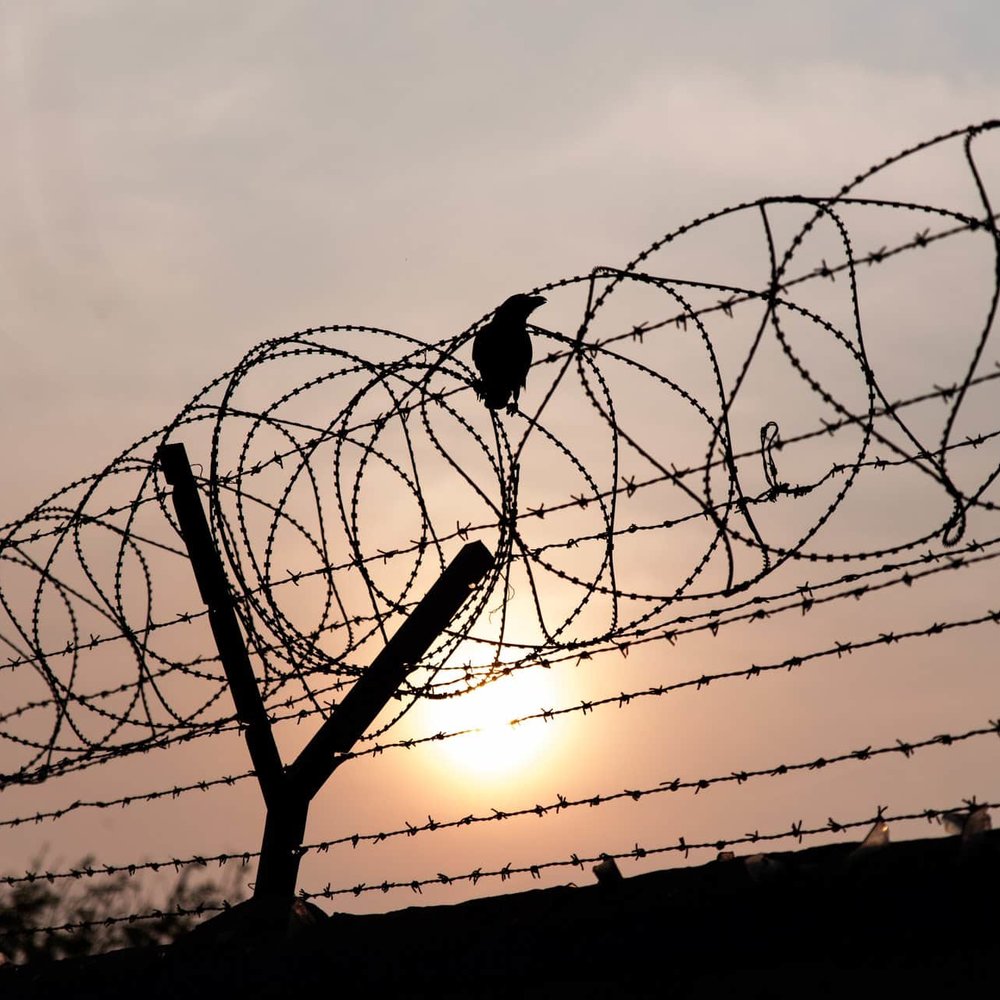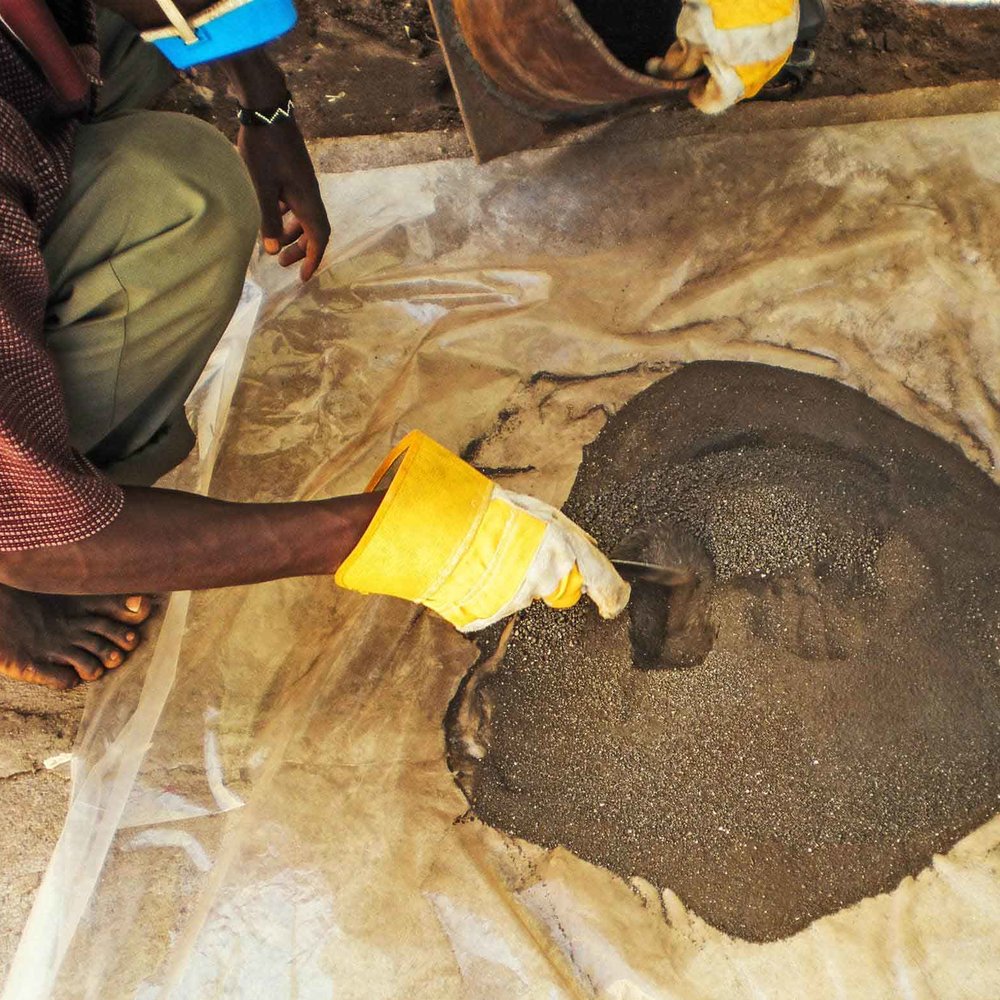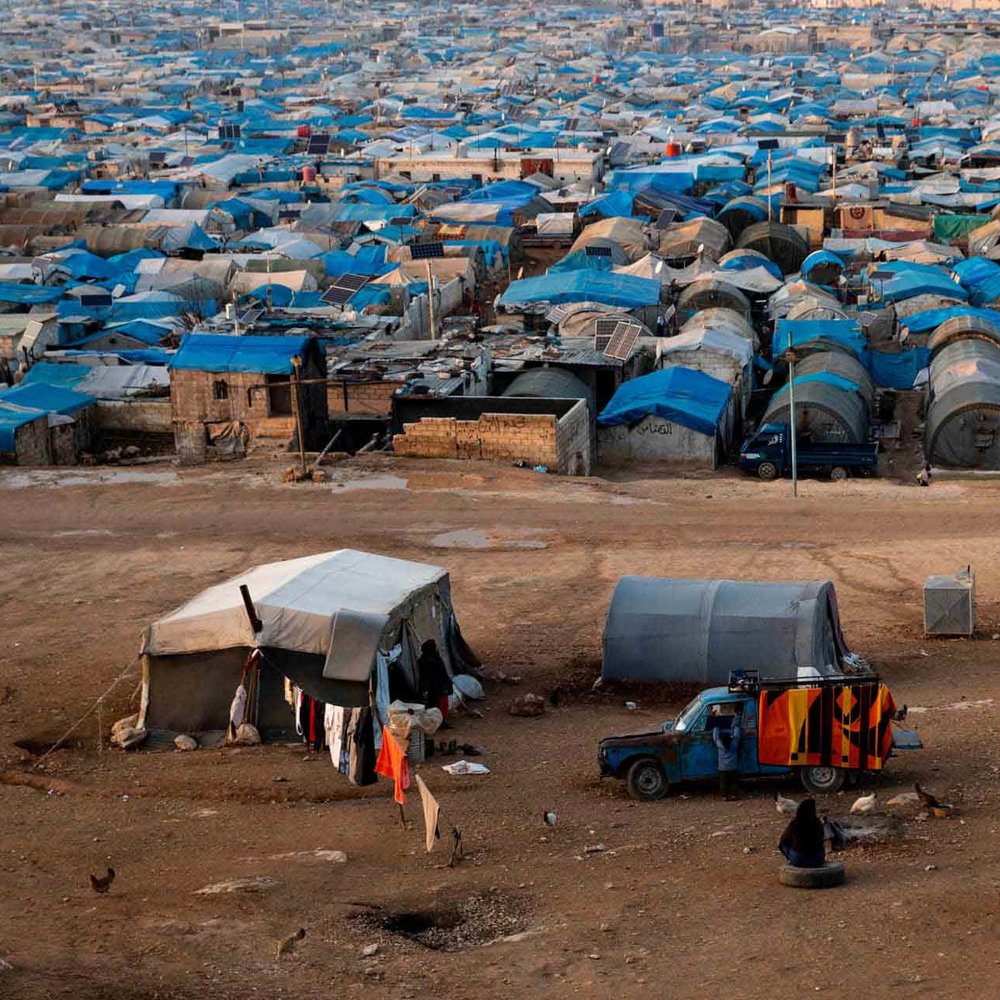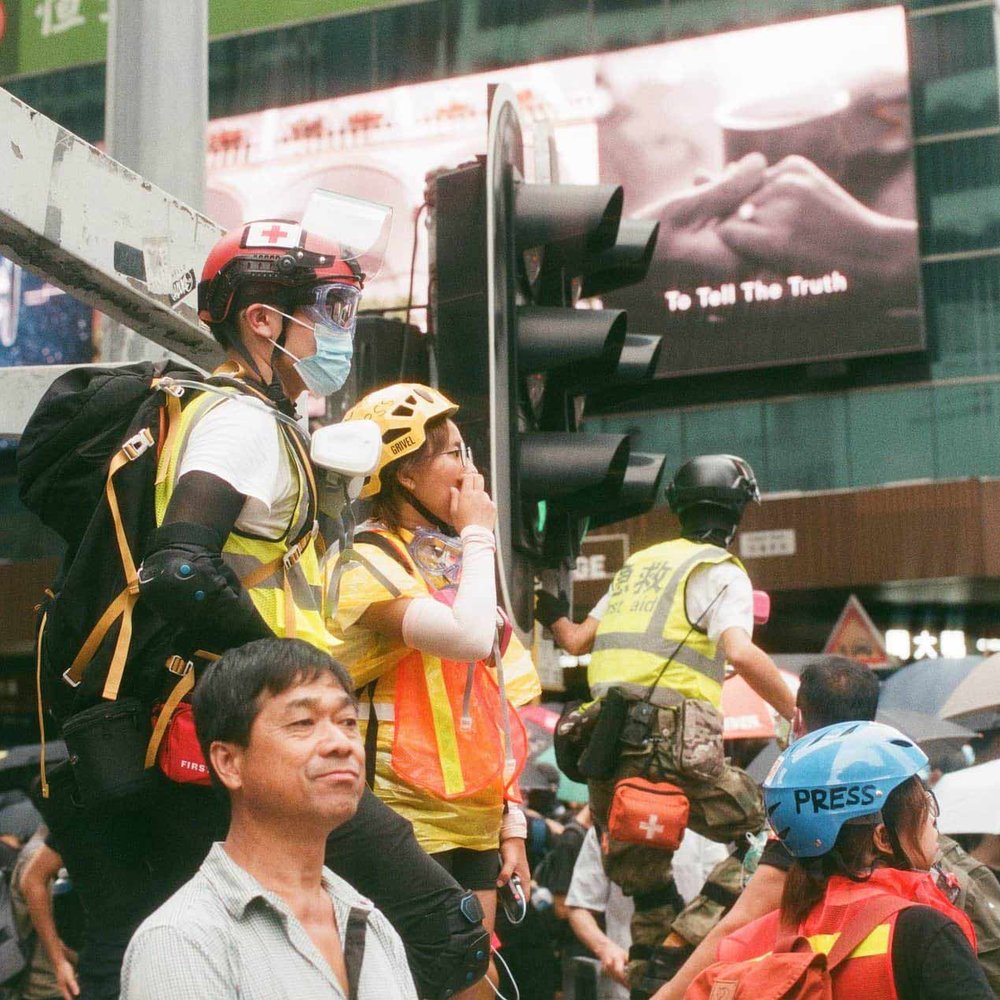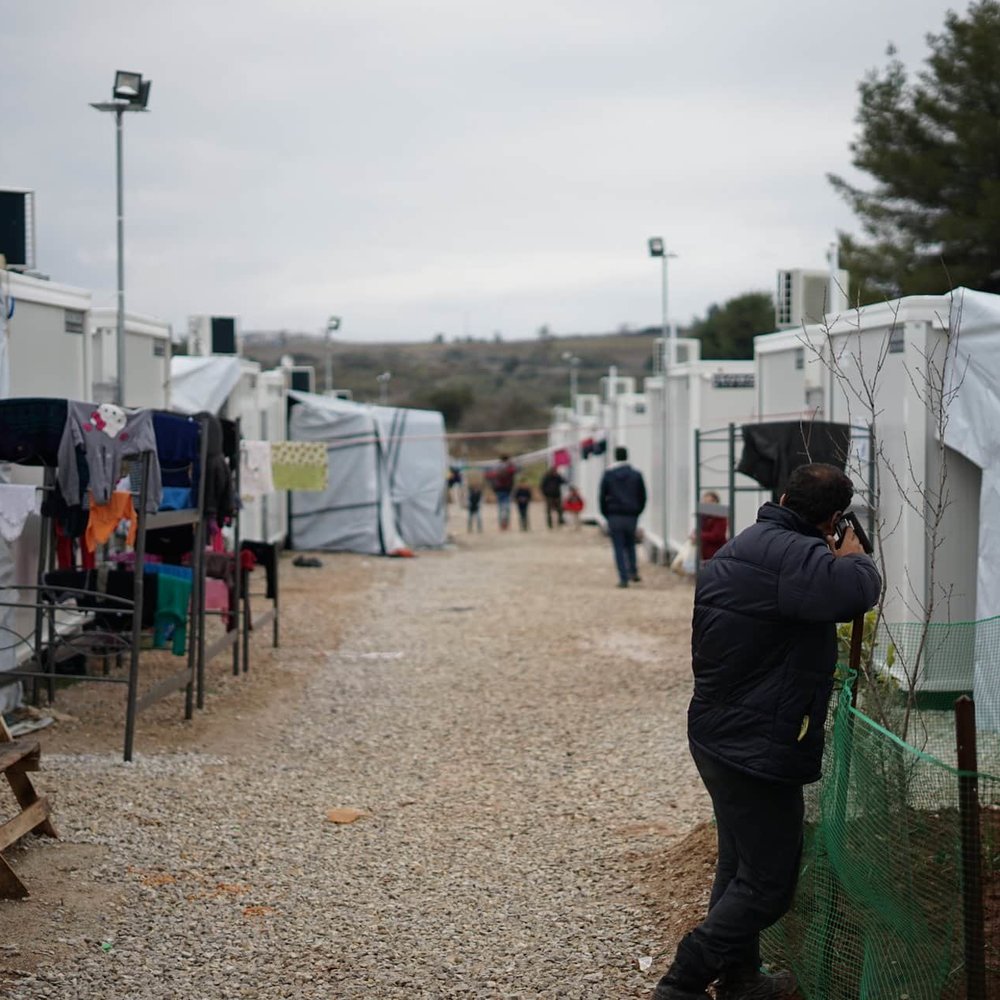My name
is Jonathan Koleib. I was working for a
peace building NGO, a human rights Non Government Organisation in
Jerusalem, working on Israel-Palestine
issues.
It was the second intifada. It was 2001.
Money was drying up for civil society
organizations, especially
in the Middle East doing some really
tricky
but really important work. And then the
project I was working on
which was called Reading for
Reconciliation which was about
providing some nice
storybooks with some ethical and
educational messaging, you know like Dr
Seuss's and those types of books
to kids that were injured in the
conflict. That's what we were doing,
regardless of how they were injured
and regardless of who they were.
The money for funding our project
dried up as well.
And I remember going home that night and
writing in my journal
that we need to corporatise peace
building,
we need to think about how we as peace
builders and human rights activists
can internalize our revenue streams, how
we can learn from the corporate
community
about how to do our really important
work better
and put it on a more sustainable footing.
Fast forward
over a decade and I guess I was looking
not about how we can corporatize peace
building but how we can
pacify or peacify the corporate sector. How can
we tap the potential and the
capabilities of
companies to really play a positive role
in conflict-affected regions of the
world like
Israel-Palestine. My work has also
shifted towards the regulation of
companies and looking at the law
as a mechanism to improve corporate
behaviour in conflict-affected areas.
You have a range of different
legal systems around the world and
I looked at the Australian legal system
and the the law that is applicable to
Australian companies
abroad so be that in
our near abroad in Papua New Guinea
or the Solomon Islands or further abroad
in
Central Africa.
